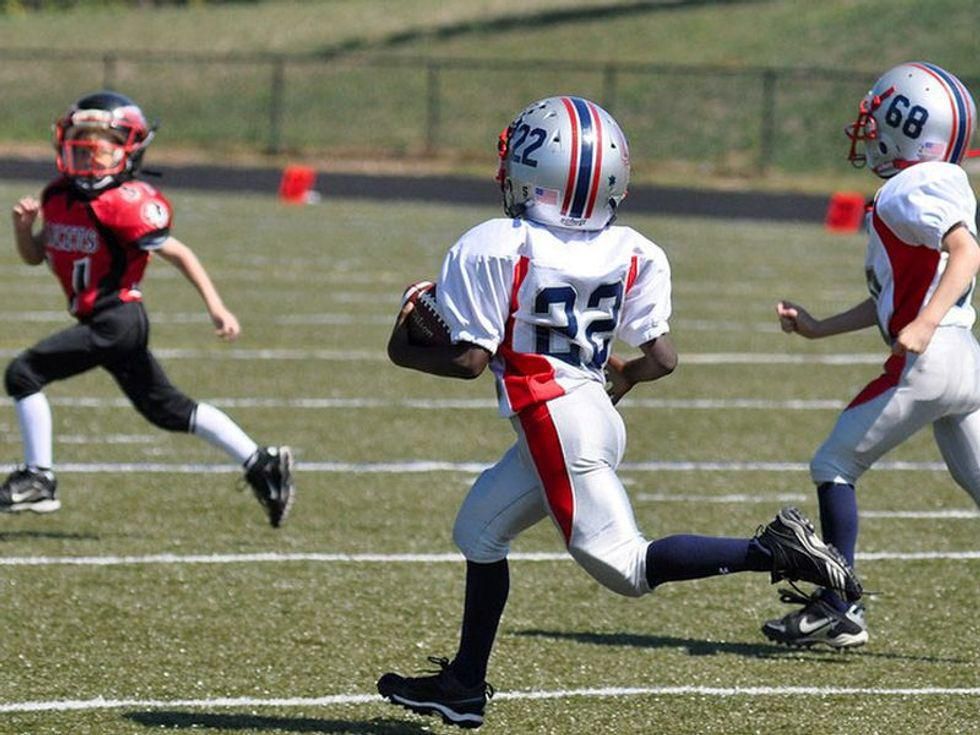MONDAY, Sept. 27, 2021 (HealthDay News) — Trying to fit soccer or Little League into your son’s busy schedule? Canadian researchers offer some compelling reasons to do so.
Little boys who play sports are less apt to be anxious or depressed later in childhood and more likely to be active in their early teens, according to the University of Montreal study.
“We wanted to clarify the long-term and reciprocal relationship in school-aged children between participation in sports and depressive and anxiety symptoms,” said Marie-Josée Harbec, of the School of Psychoeducation at the University of Montreal, in Canada. She did the work as a doctoral student supervised by Professor Linda Pagani.
“We also wanted to examine whether this relationship worked differently in boys and girls between the ages of 5 and 12,” said Harbec, who also practices with Pagani at CHU Sainte-Justine, a university-affiliated children’s hospital.
For the study, the researchers used data from the Quebec Longitudinal Study of Child Development, zeroing in on kids born in 1997 and 1998.
Parents of 690 boys and 748 girls reported their children’s participation in sports at age 5, as well as their weekly level of physical activity at age 12. Their teachers provided information on symptoms of emotional distress symptoms observed in the kids from ages 6 to 10.
The investigators also ruled out other factors such as child temperament, parental education or family income that might affect the results.
“We found that 5-year-old boys who never participated in sports were more likely between the ages of 6 and 10 to look unhappy and tired, had difficulty having fun, cried a lot, and appeared fearful or worried,” Pagani said. “Also, boys who exhibited higher levels of depressive and anxious symptoms during middle childhood were subsequently less physically active at 12 years old.”
The study authors found no significant changes in girls.
Depression and anxiety risks and protective factors work differently for girls, Harbec explained. They are more likely to tell their family, friends and doctors about their emotional distress and seek help.
“Also, because more girls experience emotional distress than boys, this gender-related risk may have led to early identification and intervention for girls,” protecting them from further damage, Harbec suggested.
For boys, playing sports in preschool may help them build life skills such as taking initiative, practicing self-control and working as part of a team. They build supportive relationships with their peers and adult coaches and instructors, the researchers said.
Conversely, Pagani said, “Boys who experience symptoms of depression and anxiety might be more socially isolated and have a decreased level of energy and lower feelings of competence, which could in turn negatively influence engagement in physical activity.”
Researchers from McGill University in Montreal and the Children’s Hospital of Eastern Ontario Research Institute in Ottawa also contributed to the study.
The findings were published Sept. 27 in the Journal of Developmental & Behavioral Pediatrics.
More information
The President’s Council on Sports, Fitness and Nutrition Science Board has more on the benefits of youth sports.
SOURCE: University of Montreal, news release, Sept. 27, 2021
Copyright © 2026 HealthDay. All rights reserved.

